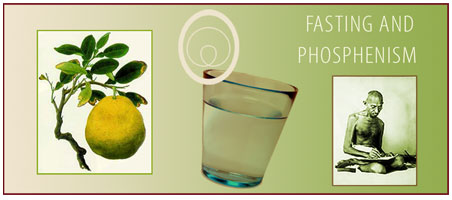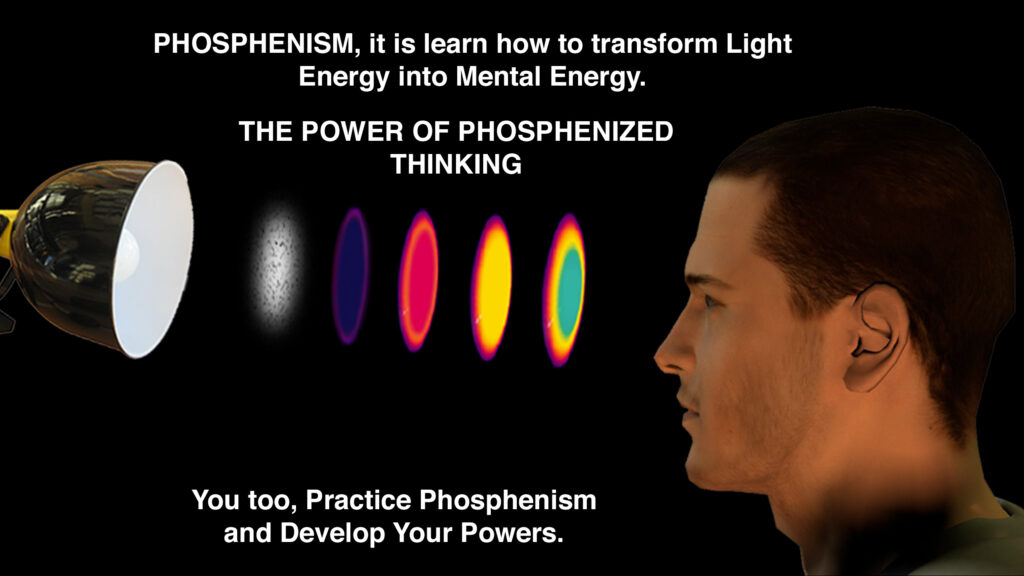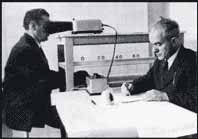FASTING

FASTING
The practice of fasting is ancient. Its healing properties have been known since the antiquity. Hippocratus prescribed fasting. Socrates and Plato used to find it essential for a good physical and mental balance. They used to fast regularily, sometimes for periods of 10 days. Pythagorus fasted for 40 days before passing an exam at the University of Alexandria and he required his students to do the same before accepting them.
Fasting is a natural process as animals refrain from feeding when they are sick or wounded. Fasting gives the organism a rest, regenerates it and detoxifies it. It is only prudent to prepare a period of fasting and to gradually revert back to normal feeding once the fasting is finished.
German scientists have measured the action of fasting on sleep and have found that it improves the subjective quality of sleep, that it brings more energy during the day and ensures a better emotional balance and a better concentration.
All traditional societies practice fasting. It is often associated to rites and precedes initiations.
Most religions mention fasting and recognize its spiritual value. It is mentioned more than 50 times in the Bible.
Dr Lefebure, a French physician and researcher, studied the spiritual aspect of fasting. In 1963, he had the idea to check the efficiency of initiatory exercises that had been taught to him, by using the phosphenes. The phosphenes are all the subjective sensations of light, i.e. those which are not directly caused by light stimulating the retina. This is how he discovered the importance of the rhythm of two seconds. He realized that when he swayed his head softly, a traditional initiatory exercise, it was this rhythm that dragged the phosphene, when a faster or slower rhythm would leave the phosphene fixed.
Thanks to this discovery, he studied what would happen with two phosphenes and designed the Cerebroscope, a prize-winning device. Thanks to this new medical protocol, he was able to observe unknown cerebral rhythms.
Three years later, he had the idea to check what would happen if one thought about a precise subject during the presence of a phosphene. He thus discovered the foundation of what would become his method: Phosphenic Mixing. Thoughts and phosphenes interact allowing the development of memory, intelligence and creativity.
Phosphenes, rhythms and thoughts, these are the basic ingredients of Dr Lefebure’s scientifically improved yoga: Phosphenism.
Dr Lefebure recommends fasting because it can provoke revelations. In his complete course of Phosphenism, he answers the following question:
‟What would happen if one associated a thought to fasting?
If you associate a thought to fasting, especially if this fasting is not excessively long, you can obtain very interesting results. All the persons who have tried fasting agree: during fasting, sleep is lighter and half-sleep is much more important than during ordinary life.
During half-sleep or light sleep, one frequently experiences directions about the exercises which are best suited to their nature, in the form of dreams, visions, or auditory perceptions… This process also takes place while one is awake. Many traditions state that fasting favors visions.
In the beginning, you can associate your usual exercises to fasting. The most appropriate exercises are Phosphenic Mixing and mantras. If you practice head sways, you will find that you are much more sensitive to nausea during fasting. To avoid any discomfort, simply practice small movements. Static tension exercises are not suited as they consume more oxygen. Breathing exercises, maintaining a slight lack of air are fully suited. You will feel this instinctively.
Mantras and Phosphenic Mixing combine themselves very well to fasting. You can also ask what exercises are best suited for you, during the presence of a phosphene. You will then receive exercises which are specifically adapted to your nature. (…) It will be easy for you to keep practicing these exercises when the period of fasting is over, as these exercises are suited for your personality.”
Importante Note
We have done our best to provide you with the most accurate translation of our french website. Nevertheless, it is possible that some language errors may remain. So, don’t hesitate to contact us to communicate them to us.
Thank you for your indulgence and for your consideration of the many hours spent translating all our pages and, more particularly, all the testimonies we share with you so that you may become aware of the impact that Phosphenism can have on those who practice it.
Wishing you the best with your practice of Phosphenism.
Daniel Stiennon (Dr. LEFEBURE School Director, France)



